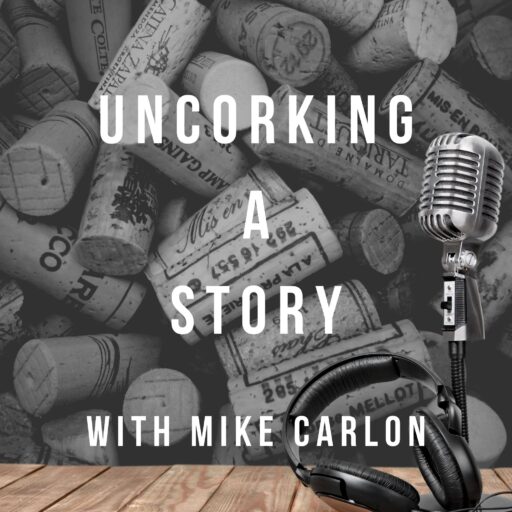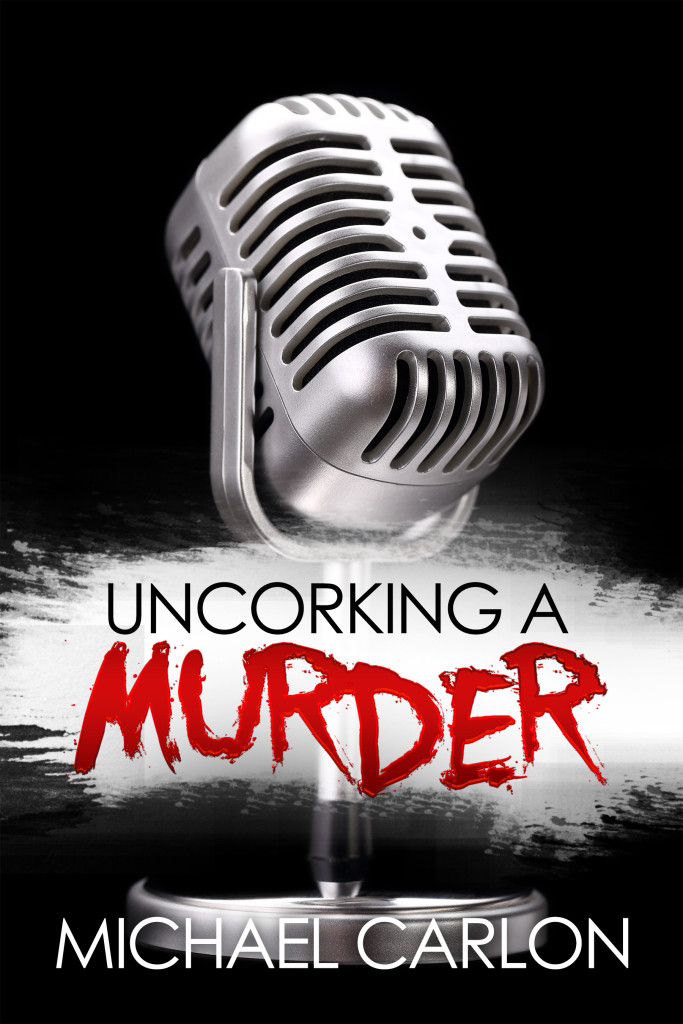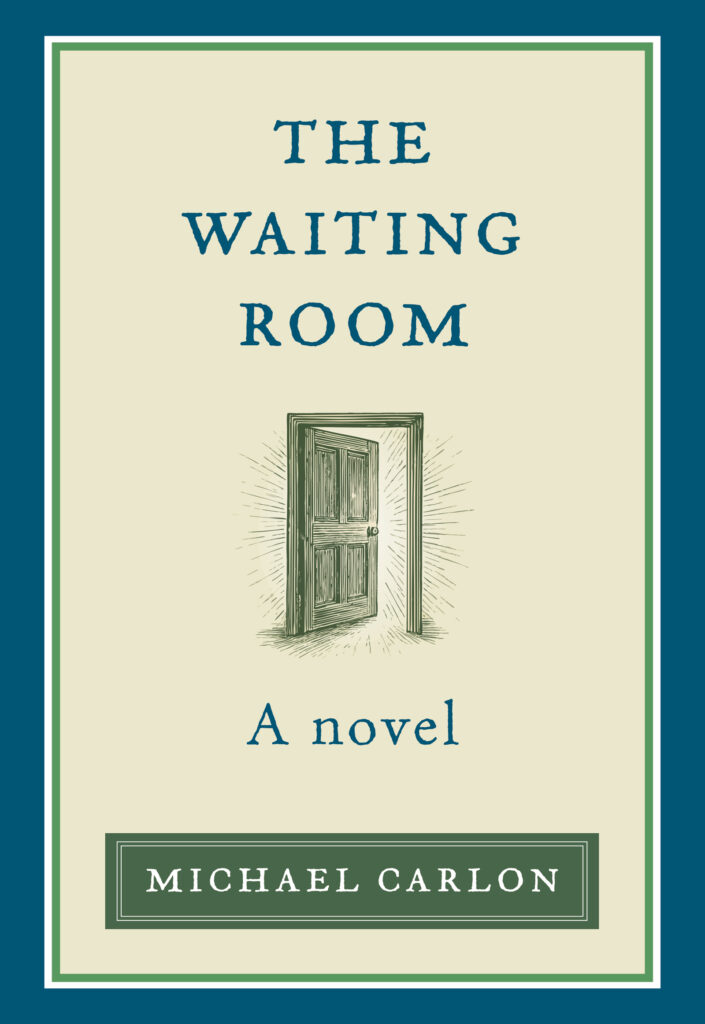In April of 2019, I was in Florida with my kids for their spring break. We stayed where we always stay, with my parents, and that year a special visitor came along—my twin brother Jimmy. I hadn’t really seen much of Jim in the years prior, for a variety of reasons, and it was fun to be down in Florida with him. The last time the two of us were in Florida together was when we were in high school and we were long overdue for some brother time. The Masters Tournament was on and we found ourselves in a bar at Beach Place and witnessed the comeback of all comebacks. Tiger Woods—El Tigre himself—whose rise and fall was well documented, won that Sunday afternoon and the bar we were in—LuLu’s Bait Shack if memory serves—erupted with applause. Tiger was back. I submit to the court exhibit 1: Jimmy’s cheer.
parents, and that year a special visitor came along—my twin brother Jimmy. I hadn’t really seen much of Jim in the years prior, for a variety of reasons, and it was fun to be down in Florida with him. The last time the two of us were in Florida together was when we were in high school and we were long overdue for some brother time. The Masters Tournament was on and we found ourselves in a bar at Beach Place and witnessed the comeback of all comebacks. Tiger Woods—El Tigre himself—whose rise and fall was well documented, won that Sunday afternoon and the bar we were in—LuLu’s Bait Shack if memory serves—erupted with applause. Tiger was back. I submit to the court exhibit 1: Jimmy’s cheer.
This past week, I watched the latest documentary on Tiger Woods. Entitled Tiger, it was on HBO+ and documents his rise to prominence in the golf world, his fall from grace, and his comeback at the 2019 Masters. The first part of the story was all about his rise, but one thing became crystal clear—while he certainly had an interest in the game and some innate talent, his father was the driving force behind his “obsession” with the sport. I was struck when one of his elementary school teachers was interviewed and claimed that a young Tiger asked her if she could speak to his father on his behalf and ask if he could play sports other than golf. When the teacher obliged and spoked to Tiger’s dad, it was a “talk to the hand” moment.
It seems anything that might interfere with Tiger’s career was a sticking point with both of his parents. His high school girlfriend shared how after Tiger came home from college a night early and spent the night at her parent’s house without telling his parents, he broke up with her by letter after being pressured to do so by his parents.
It got me to thinking that, much like another superstar who fell from grace—Michael Jackson—Tiger was not allowed to have a childhood.
When we were in college, and the TV mini-series was a thing, my wife and I got hooked on one about The Jacksons. It was broken up over two nights and, if memory serves, we went home from school for the weekend but rushed back on Sunday afternoon so we could see the final episode in its entirety (no DVRs back then). While it chronicled the rise of The Jackson 5 with family patriarch Joe Jackson at the helm, it also portrayed him as an abusive man—both verbally and physically. While the filmmakers of the Tiger doc didn’t imply that Tiger suffered any physical abuse at the hands of either of his parents, they certainly painted a picture of them as controlling and overbearing, much like Jackson’s
I wonder how much of Tiger’s fall from grace—the seeds of which may have been planted early on by his father’s own philandering behavior—had to do with him being an ultra wealthy superstar who now had “access” and how much had to do with the fact that, for most of his life, he was not able to just be himself. He always had to be what someone else wanted him to be and then he had to live up to what everyone else thought he should be. It’s possible the dissonance made him lose his mind, so to speak.
Make no mistake, his behavior was abhorrent and there are plenty of people who don’t go off the deep end like that, but as someone interested in human behavior I’m not looking to excuse his, but rather to understand it. For all those who celebrated in his downfall—and there were plenty of people not just waiting for it but hoping for it—we all must realize that there’s a little bit of Tiger in all of us. No, not all of us have the capability to win 80+ Tour events or 17 Majors, but we all have the capacity to deceive others (and ourselves). We all have the capacity to hurt others. We all have the capacity to disappoint others—to not live up to the expectations set for us. Sure, Tiger did it on a much bigger scale, but the ability is in all of us.
There’s a story in the New Testament that comes to mind when I feel that temptation to judge someone for a scandal or poor choice. There’s a woman who’s about to be stoned (not in the hippie sense but in the throwing rocks at you till you die sense) for committing adultery (mind you the man she was with was not part of the story, but that’s an examination for another time). Jesus comes around and basically asks, “What’s going on here?” When told what the mob was about to do to this woman, He replies, “Let him who is without sin cast the first stone.” One by one, each of the would-be stoners drops their rock and walks away.
We Christians believe that Jesus was conceived without sin and lived a life free of sin. Based on this, He could have thrown the first stone; instead, though, Jesus offers the woman forgiveness and asks her to go away and sin no more.There’s a visual depiction of this story above the confessional in my parish and it is a nice reminder of how forgiveness can be granted for those who seek it.
So, when we are quick to lash out at a Tiger Woods for his abhorrent behavior (or Hugh Grant or Elizabeth Taylor), let’s not forget we all have the ability to hurt others through our words and actions, but that forgiveness is possible—particularly if we are truly sorry and take steps to make amends.
Part of me felt a bit guilty about watching this documentary—particularly part 2 which examines Tiger’s fall in a tabloid-like way—right after he was injured in a car accident earlier this week. I’m a fan of the game and Tiger has given so much to it that it kind of felt like kicking a man when he was down. It is my sincere hope, though, that he can rise up again, but not as a golfer or a celebrity, but as the person he was meant to be. I hope that he can find the strength to be himself and not some form of what others expect him to be. Not because I have some kind of man crush on the guy, but because, deep down inside, that’s really what I wish for everyone—to experience the joy that comes from finding, and expressing, who we really are—and not someone else’s version of it.



